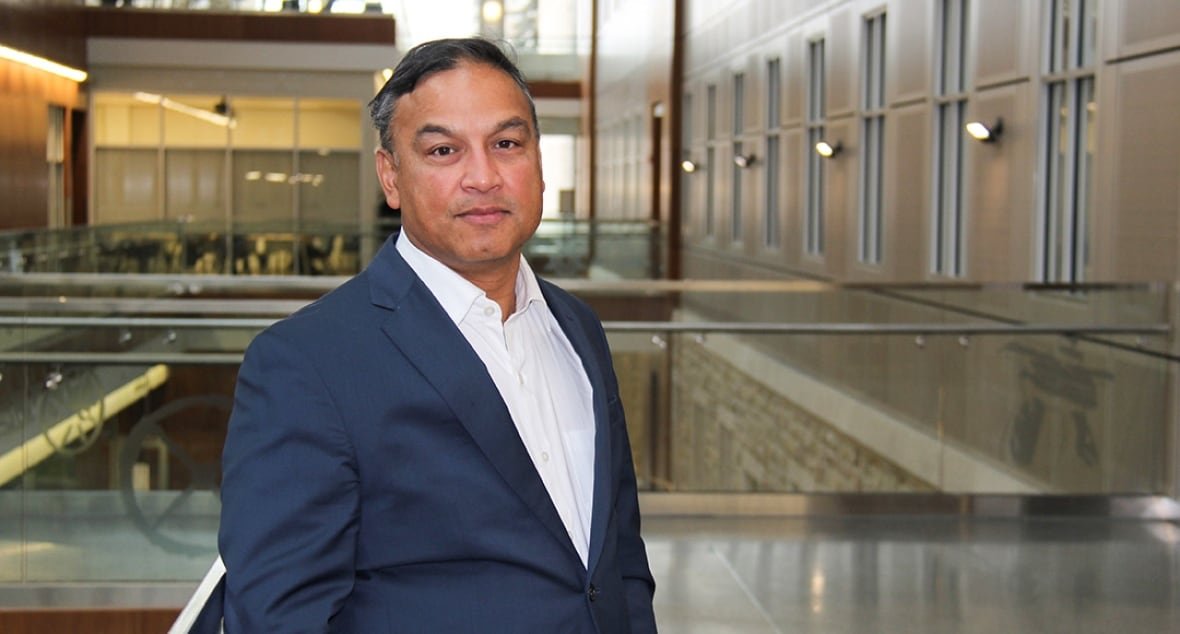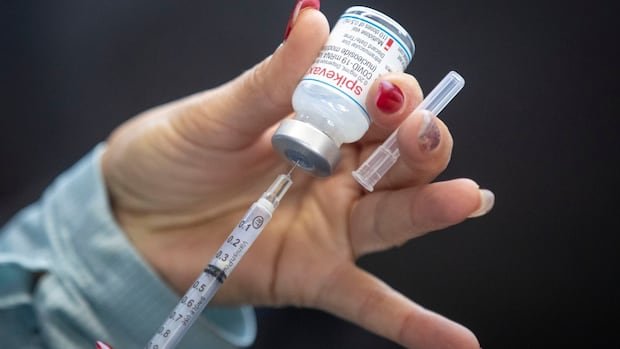Saskatchewan’s Ministry of Health has enough COVID-19 vaccine doses for the province’s high-risk population this spring, but would not confirm whether it plans to purchase more doses in the future.
The province has more than 100,000 doses, all of which were provided through the federal government’s procurement process.
Ottawa has been paying for the shots and distributing them across the country since they became available. Earlier this month, the Public Health Agency of Canada quietly announced that practice would come to an end.
That means after this spring, provinces and territories will have to purchase their own supply.
One expert says that decision is not unexpected in a system where health care is the responsibility of provincial and territorial governments.
University of Saskatchewan professor of Community Health and Epidemiology, Nazeem Muhajarine, joined the CBC Radio’s The Morning Edition to discuss the effects of the provinces taking over the purchasing and distribution of the COVID-19 vaccine.
Nazeem Muhajarine, a professor of community health and epidemiology at the University of Saskatchewan, said it’s important to know what those other levels of government are planning to do now that vaccine delivery is in their hands.
“[Provinces] need to work on data sharing in terms of evidence,” Muhajarine said in an interview on CBC’s Morning Edition.

Asked directly twice, Saskatchewan’s Ministry of Health would not confirm whether it will purchase more doses of COVID-19 vaccines in the future.
“Saskatchewan is currently planning for the fall/winter 2025-26 COVID-19 immunization program,” the Ministry of Health said in a statement.
Muhajarine said provinces will likely tie COVID-19 vaccines and flu vaccines together as part of regular campaigns going forward.
He said data from the World Health Organization shows that in 2023-2024, 71 per cent of those who got a flu vaccine shot also got a COVID-19 shot.
“That tells us that kind of tying the COVID vaccine distribution offer the flu vaccine in the fall, it’s a good thing,” Muhajarine said.
Muhajarine said provinces will be unlikely to make people pay for a COVID-19 vaccine shot, even if the province is footing the bill.
He said we know COVID-19 vaccines work well and cost should not be the barrier to people getting a dose.
“Eventually, you know, things could change and down the years things could change,” Muhajarine said.
The province declined to answer whether it will pass any cost of vaccines on to the consumer.
The latest data from the provincial Ministry of Health shows that since Sept. 18, 2023, 13.6 per cent of the eligible population has had a COVID-19 vaccine administered. Meanwhile, 19.7 per cent have had a flu vaccine dose.
Eligibility for vaccines this spring
Saskatchewan has confirmed it will provide an immunization program in the spring based on the recommendations of the National Advisory Committee on Immunization (NACI).
NACI’s recent guidance is to provide an additional COVID-19 vaccine dose this spring to those most at risk for severe COVID-19 illness and outcomes
That includes residents in long-term care and personal care homes, people six months and older with medical conditions that place them at high risk of COVID-19 disease and people 80 years and older living in the general community.















